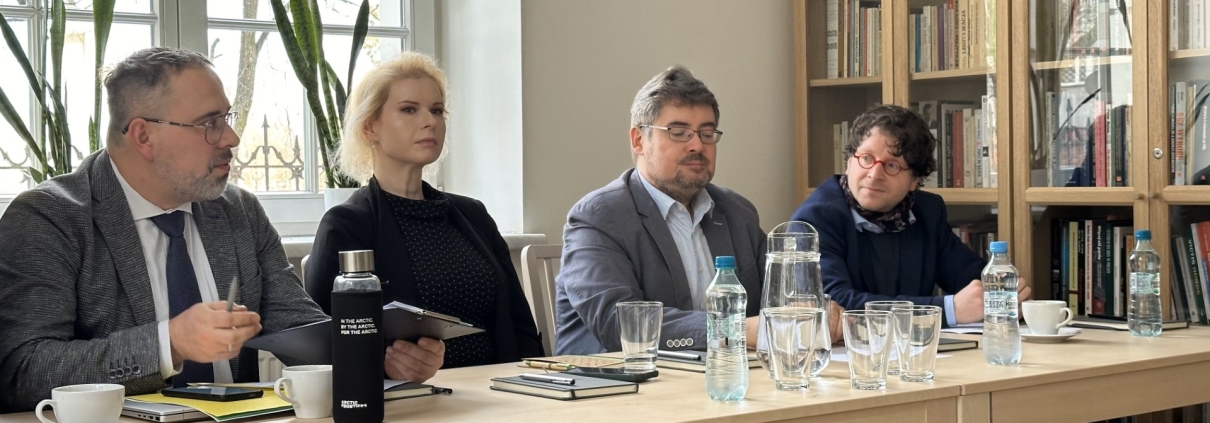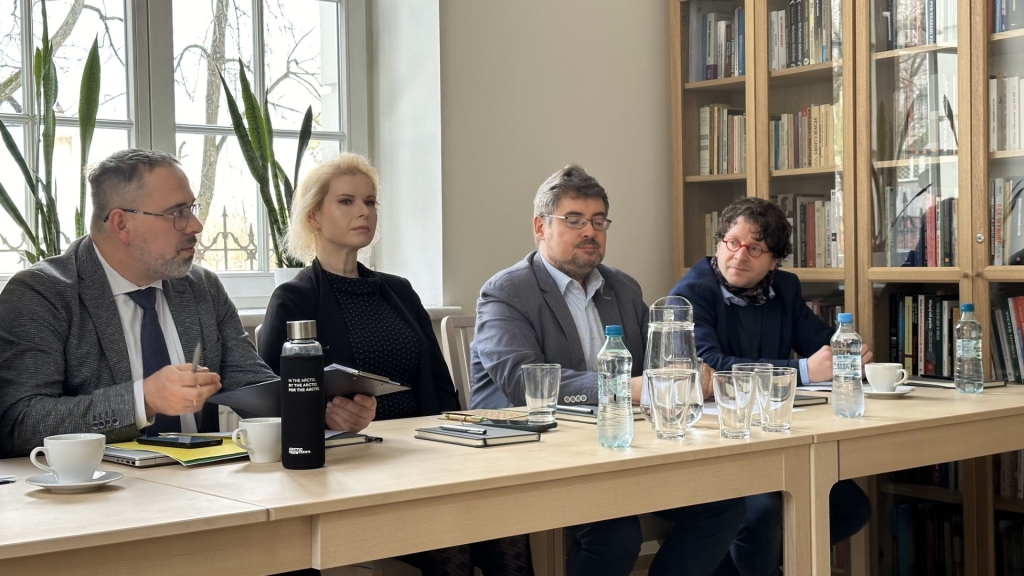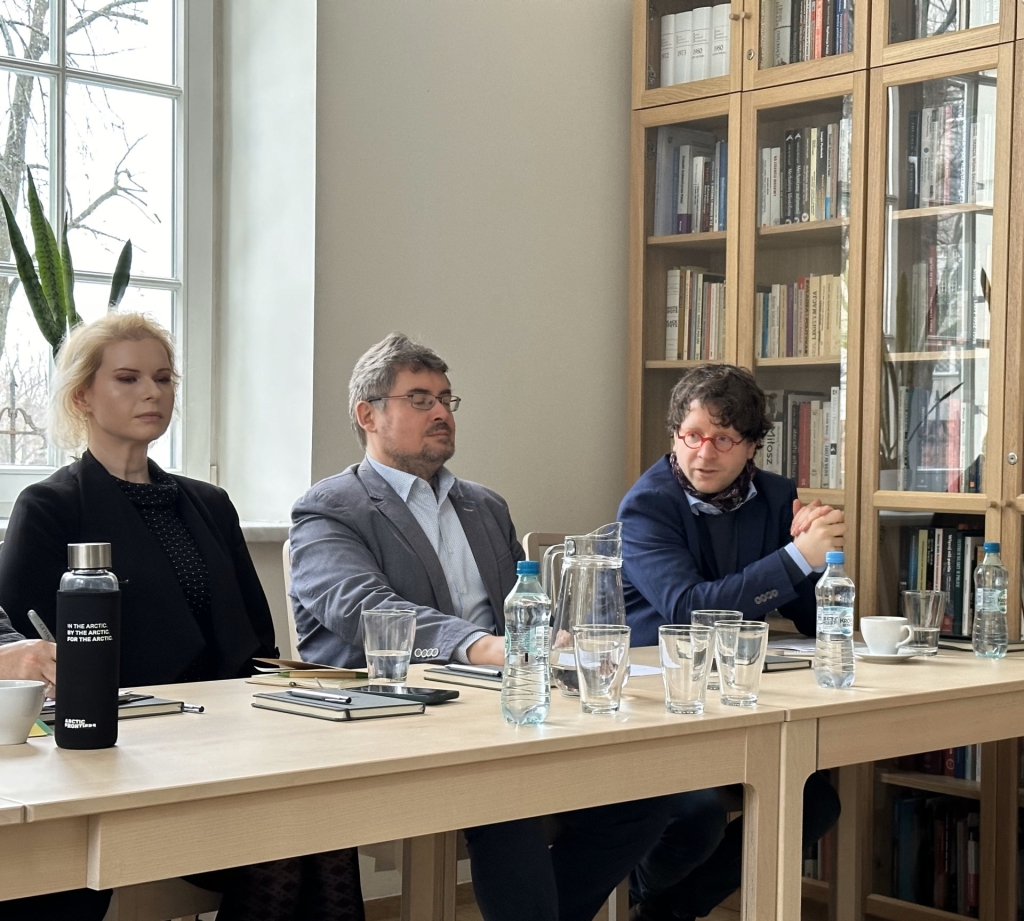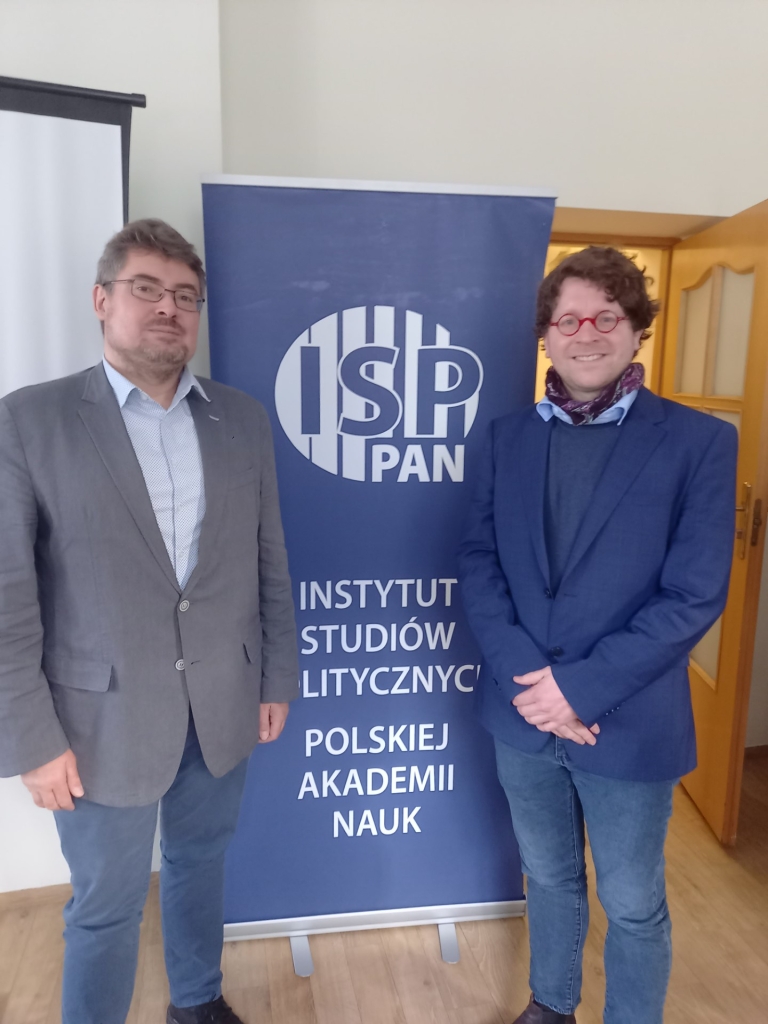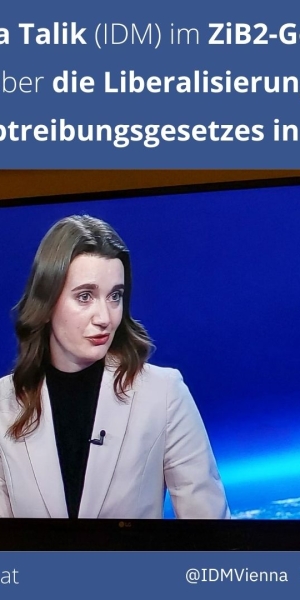Workshop “Status of the Three Seas Initiative from the Perspective of International Law, Political Science, and International Relations”
Warsaw, 24 January 2024
The Three Seas Initiative was launched in 2015 by Andrzej Duda, the Polish President, and Kolinda Grabar-Kitarović, the then Croatian President. Thirteen countries from Northeast to Southeast Europe are participating in the initiative, with Greece recently joining. While the initiative aims to foster political cooperation in areas such as infrastructure, transportation, and energy policy, it is not an institutionalized organization and lacks any legally binding foundation. The involved countries also show varying attitudes towards the initiative: Austria, Hungary, Slovakia, and the Czech Republic are more reserved, whereas Poland, along with the Baltic countries and Romania, seeks greater activity within the initiative. However, Warsaw acknowledges that it is and will not become an international legal organization.
So, what is the Three Seas Initiative? This question was addressed in a workshop organized by the Institute of Political Science of the Polish Academy of Sciences on January 23, 2024, in Warsaw. Among the speakers was Dr. Péter Techet, a research associate at the Institute for the Danube Region and Central Europe (IDM), and Dr. Tomáš Strážay from the Slovak Institute of International Affairs, who are also member of the International Council of IDM.
In the workshop, the two organizers, Dr. Damian Szacawa and Jędrzej Błaszczak from Maria Curie-Skłodowska University in Lublin, introduced the ideas behind the Three Seas Initiative. Various speakers had to address the different aspects of the initiative, including international law, political science, and security policy.
Dr. Tomáš Strážay emphasized in his presentation that while the initiative may provide a good platform for further cooperation between Northeast and Southeast European countries, it should not become an alternative to the European Union or existing institutionalized collaborations.
Dr. Péter Techet explained in his talk why, from an international legal perspective, the initiative is not an organization of the International Law: it lacks legally binding foundations or a clear institutionalized structure. He mentioned different examples of institutionalized, subregional collaborations such as the Benelux Union, the Nordic Council, and the “Union pour la Méditerranée.” However, for the Three Seas Initiative, the question remains – as Dr. Techet stated – whether and how it can be institutionalized, especially given the involvement of very different states with varying geopolitical interests. He claimed that a clear structure could clarify the tasks and goals.
Dr. Ieva Gajauskaite from the Lithuanian Military Academy “General Jonas Žemaitis” highlighted in her presentation the security risks that can be addressed with the Three Seas Initiative. For her, the initiative should acquire a strong security and military character, especially in the context of the Russian aggression in Ukraine.
Dr. Agata Kleczkowska from the Institute of Legal Studies of the Polish Academy of Sciences expressed a similar view to Dr. Techet, stating that the Three Seas Initiative cannot be described by International Law. She used the term “informal international legal organization” for it, emphasizing that it is a political category rather than a legal one.
The central question in the discussion was whether the Three Seas Initiative should remain a loose cooperation between certain countries in Northeast and Southeast Europe or whether it needs a clear structure in the future. Despite the lack of a legal basis and the potential challenges of legal formalization, the participants agreed that the initiative could serve as a dialogue platform within the European Union and as a bridge for EU-candidate countries like Ukraine and Moldova.

